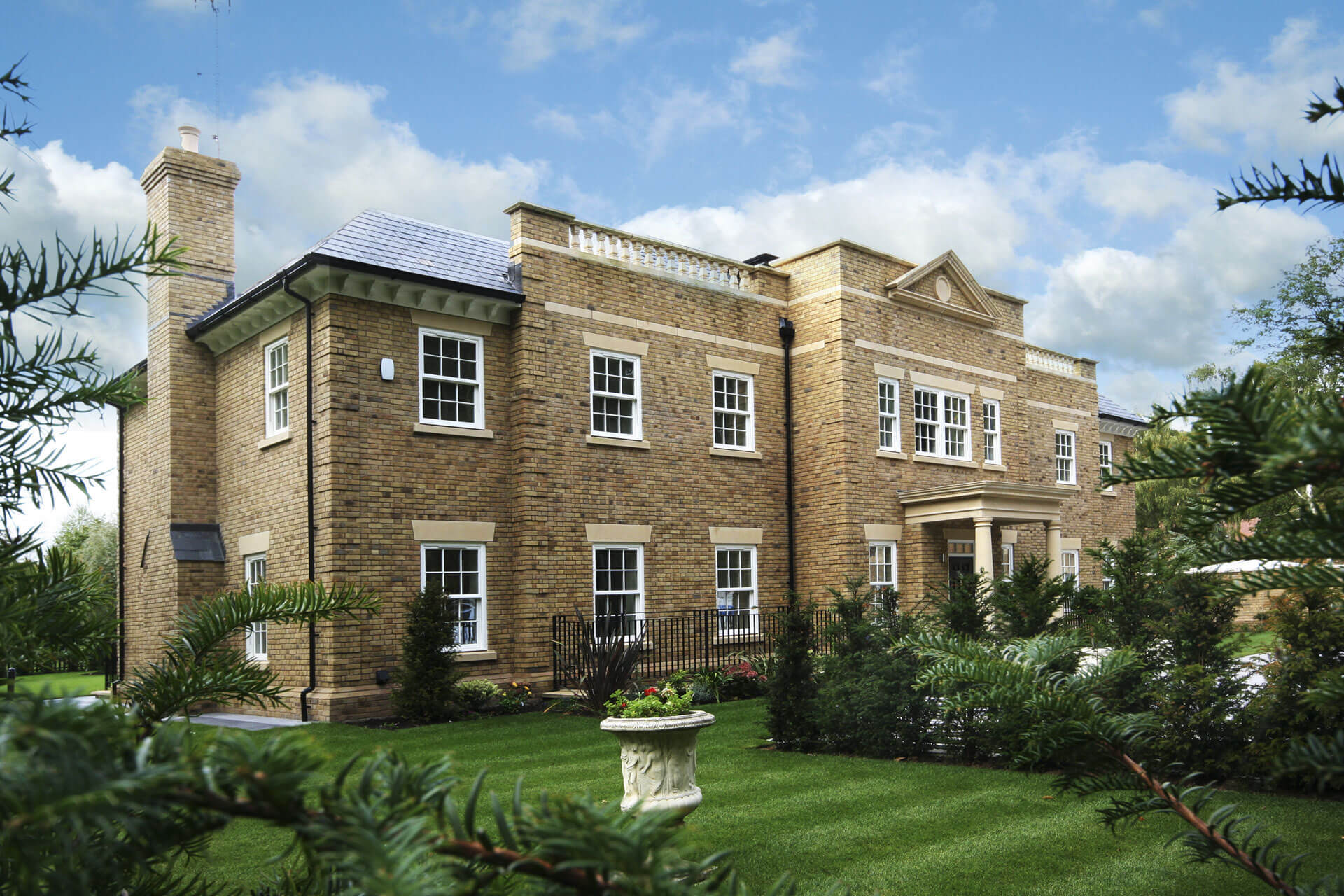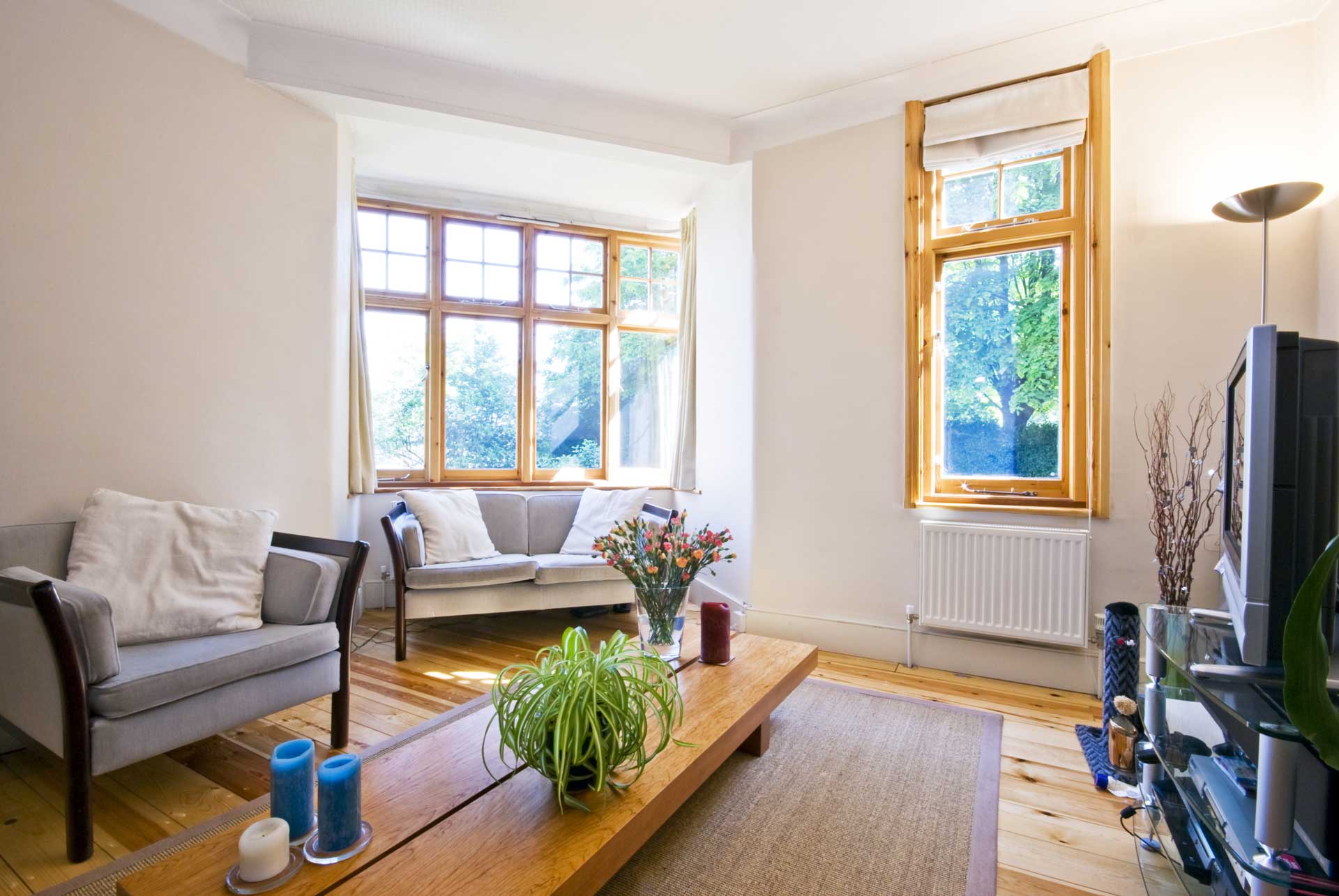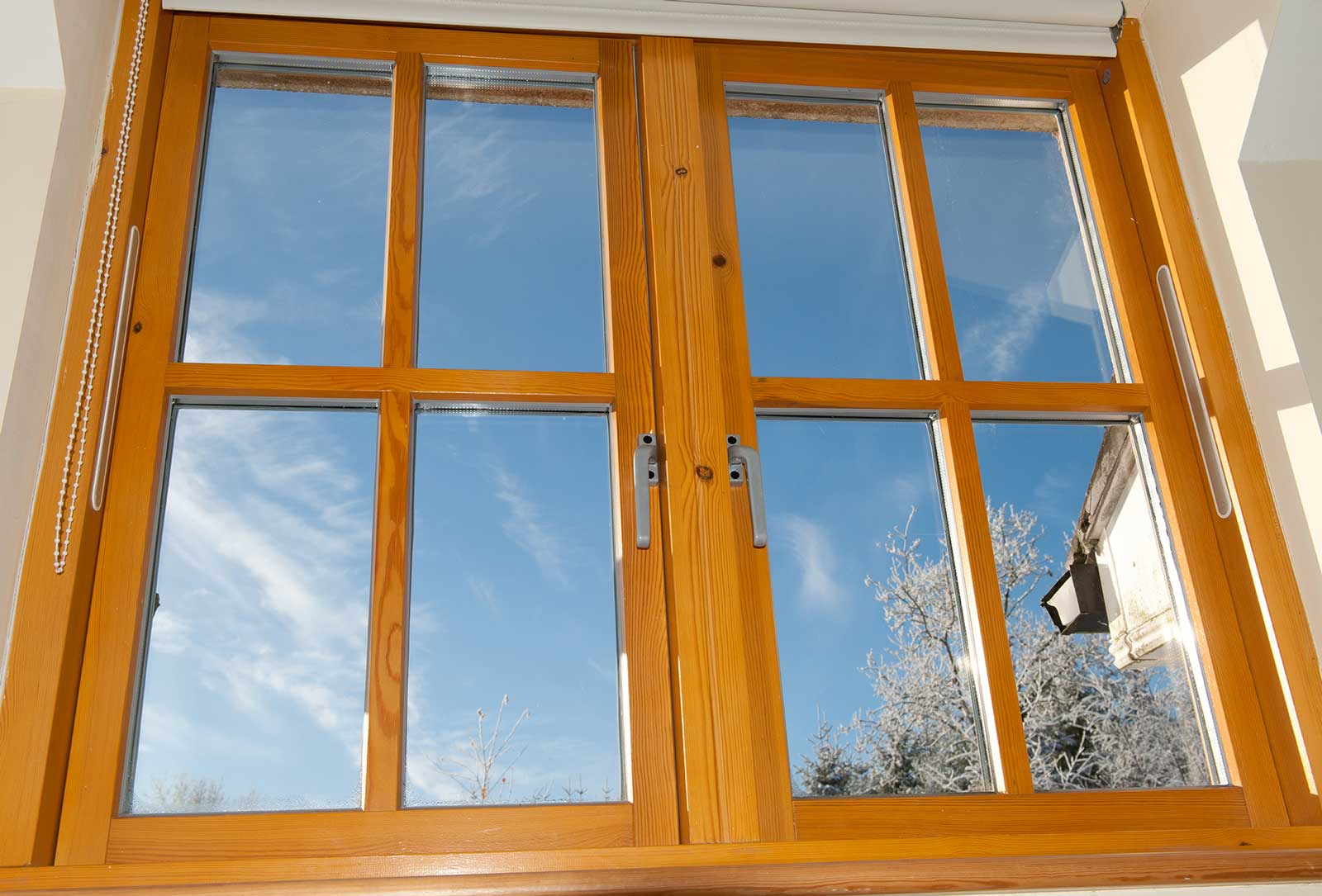Are Wooden Window Frames Better Than uPVC?
When it comes to choosing a new set of windows, the choice of frame material can have a significant impact on not only how your home looks, but also how it performs. Two of the most popular window frames among UK homeowners are wooden windows and uPVC windows, both of which have their own strengths and minor drawbacks. Whether you happen to be renovating a period property or upgrading a modern home, understanding the differences that a wooden and uPVC window can provide to your home can help you make the best decision for your budget, style, and long-term needs.
In this guide at Wimbledon Windows, we will delve into the differences between timber windows and uPVC windows and compare the key features of each to help you make an informed decision as to which one you should choose for your home. So, are wooden window frames better than uPVC? Let’s take a closer look.
An Overview of Wooden Windows
Wooden windows, otherwise known as timber windows, are a more traditional option that have adorned homes in the UK for many centuries. They offer a classic look with excellent insulation properties, which are also commonly used in more period properties. It is lightweight, easy to customise with paint and stains, and is highly sustainable.
What Are UPVC Windows?
UPVC windows are a popular choice among homeowners for several reasons. They stand for unplasticised polyvinyl chloride, a type of rigid plastic known for its low maintenance, affordability, and durability. uPVC windows are a common choice for many property types, as they can be easily customised to suit a variety of aesthetics. However, they are predominantly chosen for new builds and renovation projects.
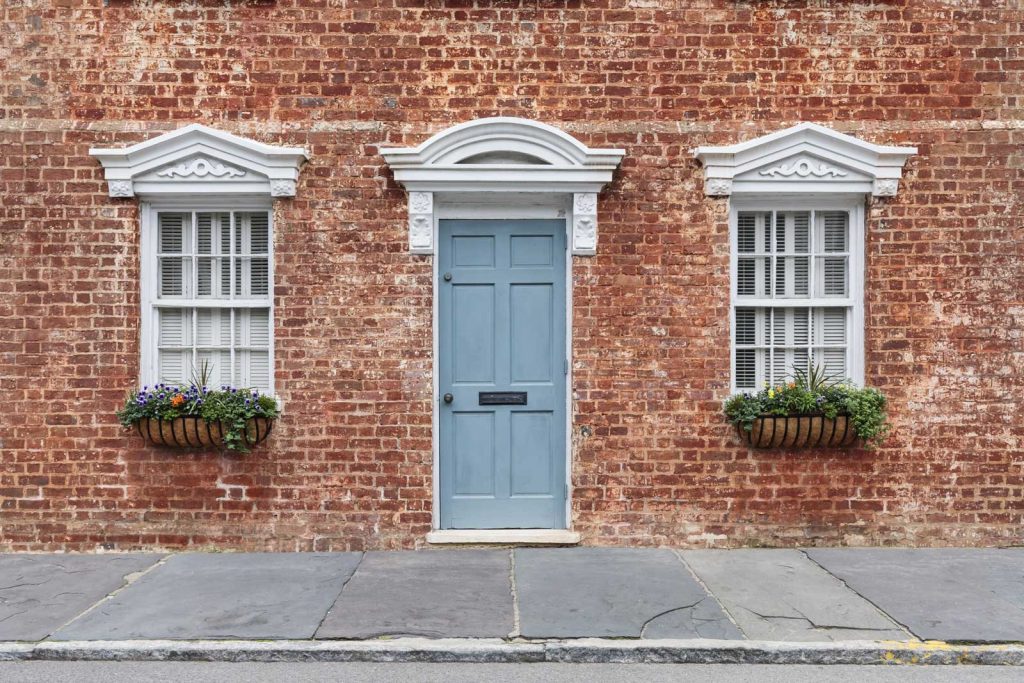
Wooden Windows vs UPVC Windows: A Comparison
Wooden window frames and uPVC window frames both offer distinct advantages to homeowners. Here is a breakdown of what each window material can offer your home.
Aesthetics & Customisation
The choice between a wooden frame and a uPVC one primarily comes down to the aesthetic appeal that each provides. Wooden window frames give a beautifully natural look, perfect for complementing a period home’s elegant aesthetics or for adding rustic charm. On the other hand, whilst uPVC can be highly customisable, the overarching look of uPVC is modern and sleeker than that of a timber frame.
Durability & Longevity
The durability of a new window frame is a crucial aspect to consider when planning your next window renovation project. Whilst modern window frames can rival each other in terms of their strength and longevity, wood and UPVC window frames can vary slightly.
- Wooden windows are renowned for their durability and ability to withstand the elements. They can last for many decades and are easily repaired if they succumb to damage; however, they do require more regular maintenance, including repainting, staining, or sealing, to maintain their protection.
- Whilst wooden windows are superior to uPVC when it comes to their longevity, uPVC window frames still offer their advantages. They remain durable and weather-resistant in more severe weather conditions, and a standout characteristic of this window material is its low-maintenance properties. They require less maintenance than timber; however, their durability and ease of repair might be outweighed by the strength of their wooden counterpart.
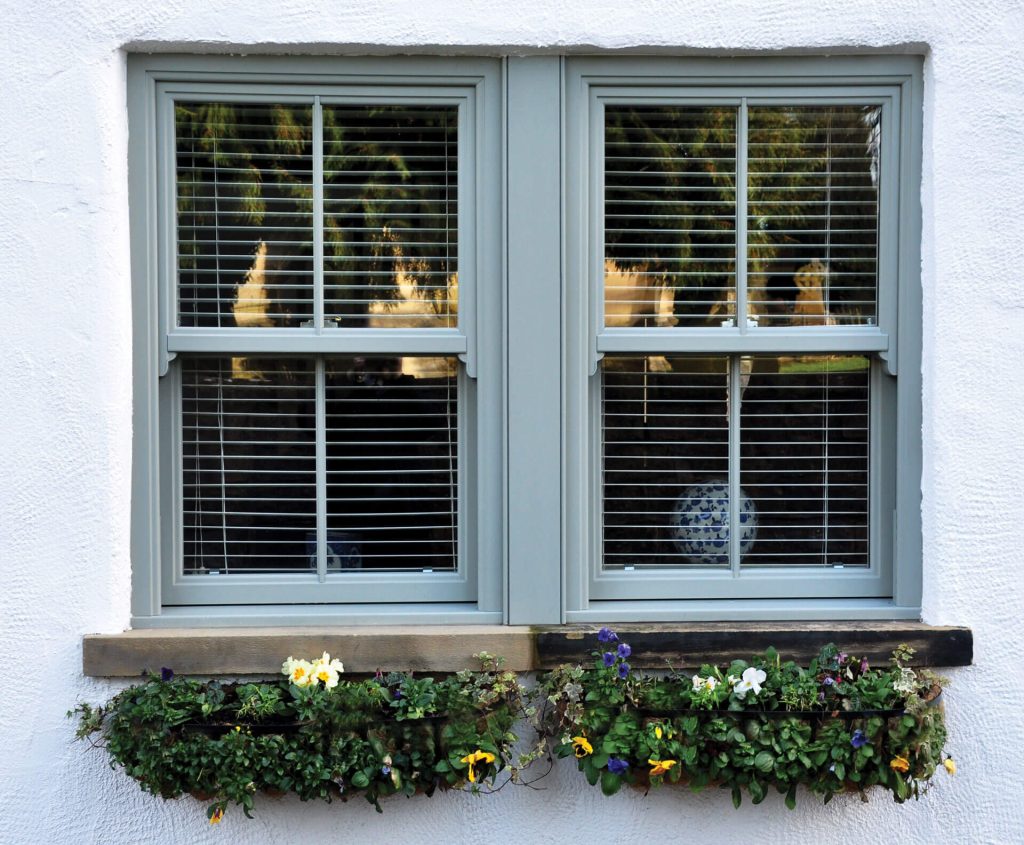
Maintenance Requirements
As described above, there are distinct differences in terms of their maintenance requirements. Wooden windows may require more frequent maintenance than uPVC, with the need for repainting or resealing every few years, depending on environmental factors such as climate, exposure, and the quality of the initial finish. UPVC windows require less time-consuming maintenance, only needing the occasional wipe down with warm, soapy water and a soft cloth to keep your window frames sparkling like new.
Energy Efficiency & Insulation
Both wooden window frames and UPVC window frames excel in terms of energy efficiency and insulation. While uPVC is known for its low thermal conductivity and ability to minimise heat loss, the density of wood and its potential to trap heat ultimately make it a slightly better insulator than uPVC.
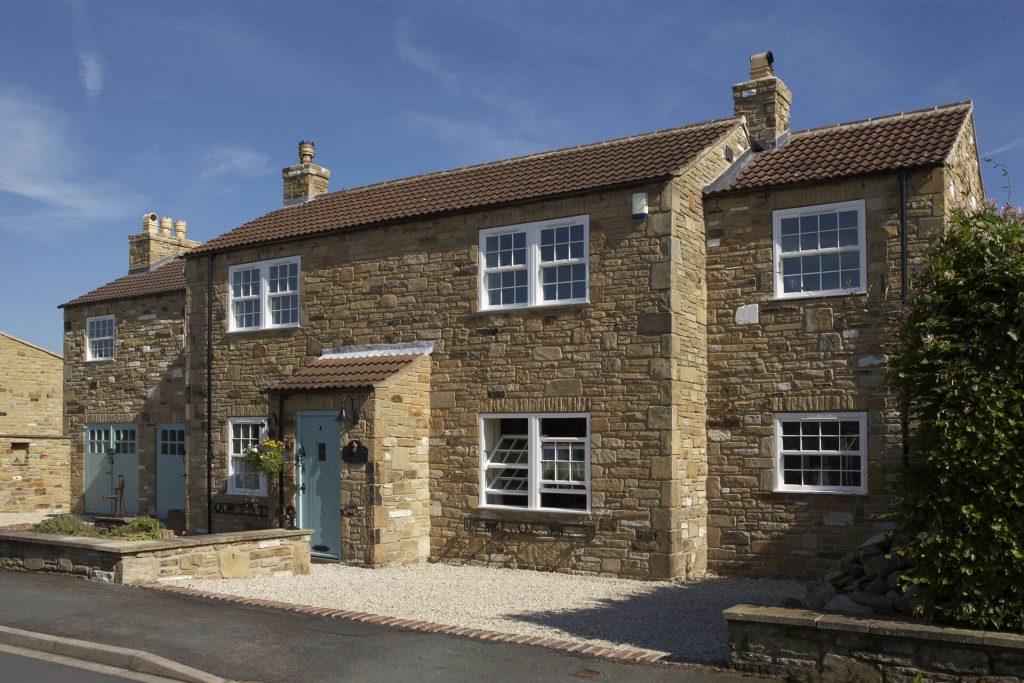
Environmental Impact
With the growing importance of reducing our impact on the planet, incorporating small changes and considering every aspect of our decision-making process to minimise our carbon footprint can also be applied to window materials. As a result of wood being a renewable material, wooden window frames are a more sustainable option for homeowners who value environmentally friendly materials for their next home improvement project. Whilst uPVC may not be as ecological as timber, modern uPVC production does prioritise energy-efficient processes and an increased focus on its recyclability.
Cost & Value For Money
Timber and uPVC offer significant differences in terms of cost, which can depend on personal preference. uPVC windows provide excellent value for money, as they generally have a lower upfront cost. However, whilst timber windows have a higher initial cost compared to uPVC, their longer lifespan and potential to increase kerb appeal can offset the initial investment over time.
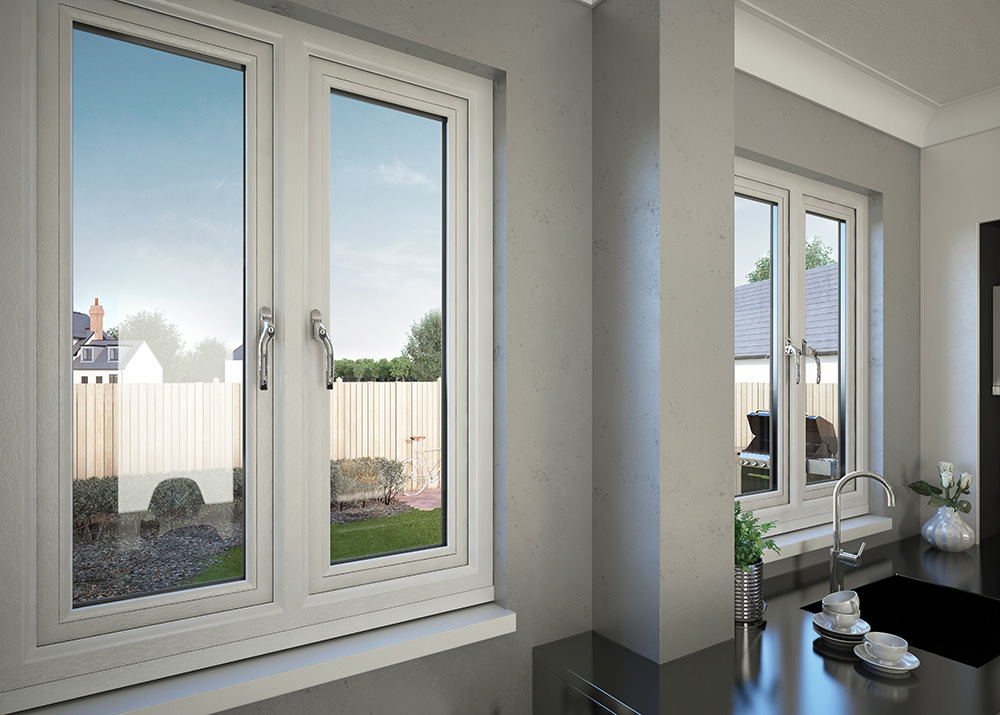
Pros & Cons of Wooden and UPVC Windows
In summary, several factors differ between wooden window frames and uPVC, so we have created a brief breakdown of the key benefits and weaknesses of both window materials to help you weigh up your options depending on your personal preferences.
Wooden Window Frames
Pros:
- Wooden windows provide a warm, natural aesthetic that can elevate kerb appeal.
- As a poor conductor of heat and an excellent natural insulator, they can improve energy efficiency and reduce heating costs.
- With proper maintenance, wooden frames are highly durable and can last for many decades.
- Wooden window frames are highly customisable with a variety of paint colours and finishes.
- They are an extremely environmentally friendly option that will lower your carbon footprint.
Cons:
- They require more maintenance, including painting, staining, and sealing.
- They are more expensive in terms of upfront payment and ongoing maintenance costs.
- There is a potential for weather damage, which can cause wooden windows to swell, shrink, or warp.
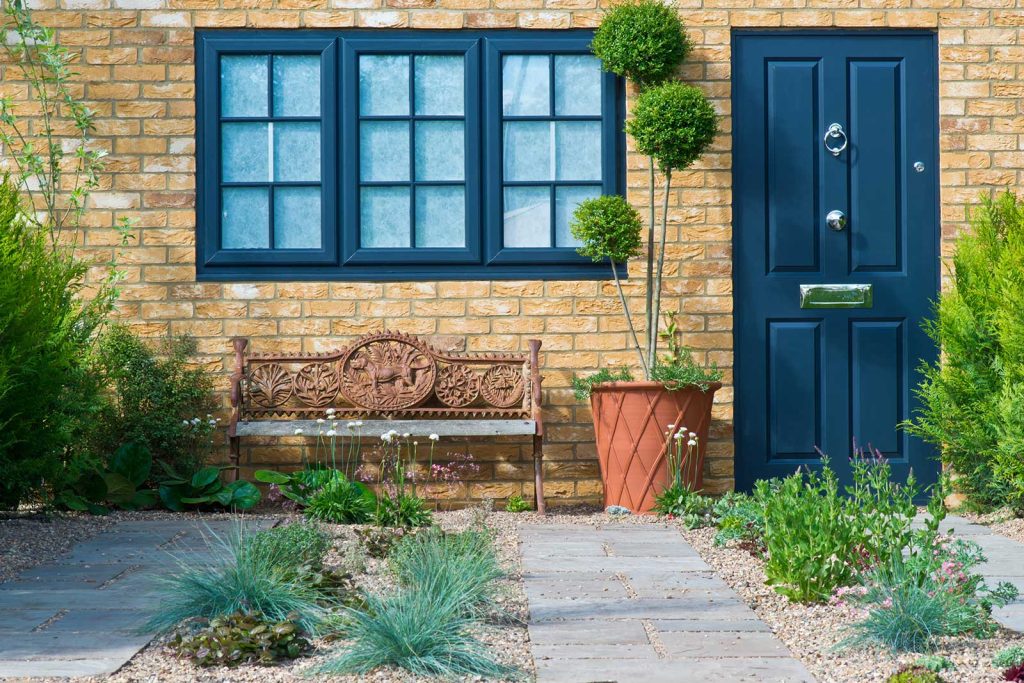
uPVC Window Frames
Pros:
- uPVC windows are more cost-effective compared to timber.
- They require low maintenance, only needing a simple clean when deemed necessary.
- uPVC is a good insulator, helping to keep homes warm in the winter and cool in the summer months.
- Whilst not as strong as timber, uPVC is still a durable option that can last for many years.
Cons:
- The recyclability of uPVC is less environmentally friendly than that of timber.
- While they are durable, uPVC can be more susceptible to damage if subjected to substantial impacts.
- Some homeowners may find uPVC window frames less visually appealing than timber frames, particularly for older or period properties.
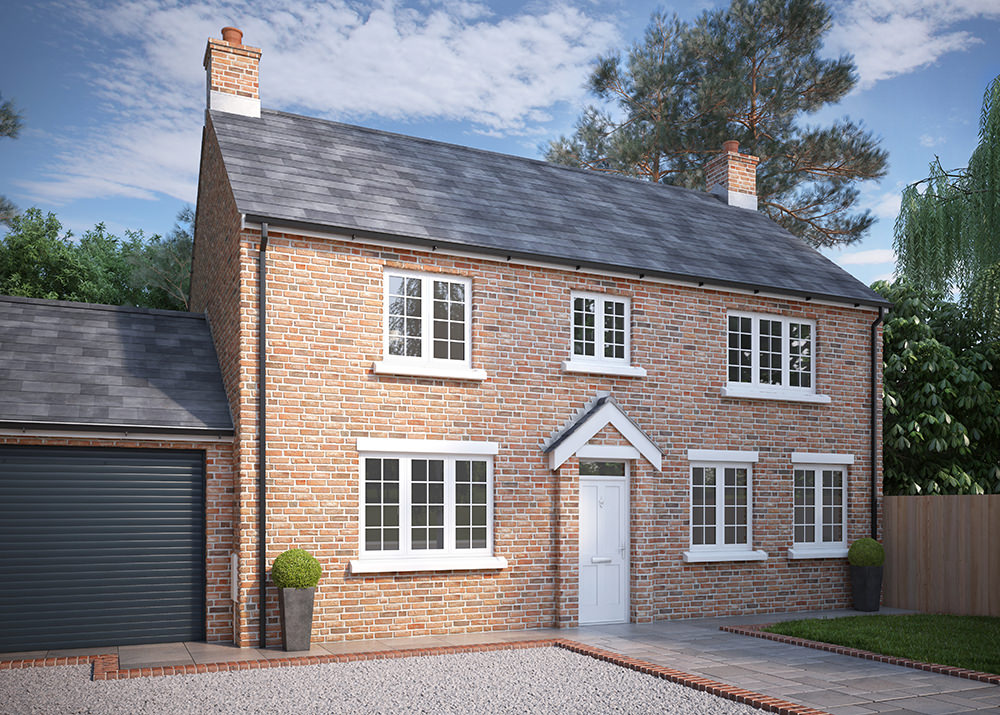
Upgrade Your Home with Wimbledon Windows
When it comes to upgrading your home with new windows, understanding the distinct benefits that each material can provide is essential to help your living space reach its full potential. Deciding whether wooden windows are better than uPVC can depend on personal preferences and what you aim to achieve with a new set of windows. uPVC is an excellent option due to its affordability, durability, and low maintenance; however, wooden windows outperform it in terms of durability, thermal efficiency, environmental impact, and customisation options.
If you are looking to upgrade to a new set of high quality timber or uPVC windows, contact the Wimbledon Windows team today for expert advice by filling in our online contact form or calling us on 020 8543 1444. Receive a bespoke and competitively priced quote using our easy-to-use online quoting tool to be one step closer to your dream windows!
- Conservatory or Extension – Which is Best for Your Home? - 10 July 2025
- Are Timber Windows Energy Efficient? - 22 June 2025
- Are Wooden Window Frames Better Than uPVC? - 20 June 2025
Categories: uPVC windows

